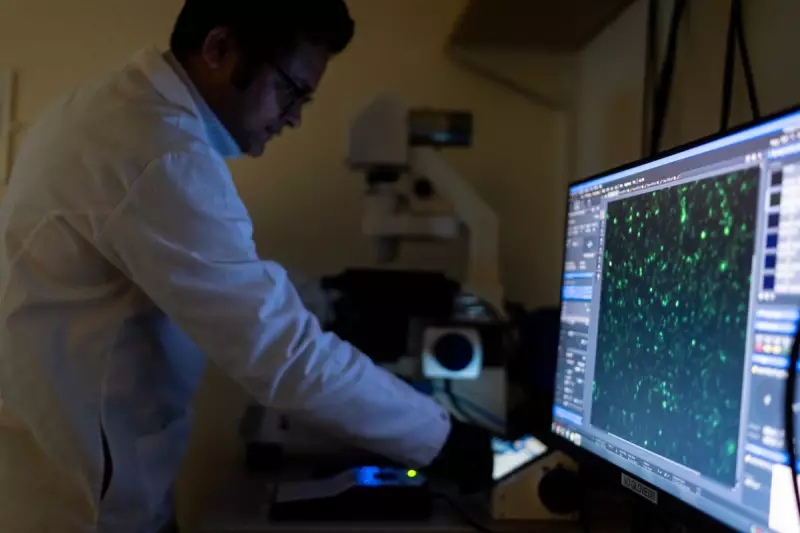
In a remarkable scientific breakthrough that could transform diabetes treatment, researchers have discovered a novel method to reprogramme gut cells into producing essential hormones, including insulin. This pioneering research offers fresh hope for millions living with Type 1 diabetes worldwide.
The Gut's Hidden Potential
Scientists have uncovered that certain enteroendocrine cells in the human digestive system, which typically produce hormones regulating digestion, possess the extraordinary ability to be reprogrammed. Through sophisticated genetic techniques, these cells can be transformed into insulin-producing cells similar to those found in the pancreas.
This discovery challenges conventional understanding of cell specialisation and opens up exciting new avenues for diabetes treatment. The research demonstrates that our bodies contain untapped resources that could be harnessed to combat chronic conditions.
How the Transformation Works
The revolutionary process involves:
- Identifying specific enteroendocrine cells in the intestinal lining
- Using advanced genetic modification techniques to reprogramme these cells
- Transforming them into functional insulin-producing cells
- Creating a new source of insulin within the patient's own body
What makes this approach particularly promising is that these transformed cells appear capable of responding to blood sugar levels much like natural pancreatic beta cells, potentially creating a self-regulating insulin production system.
Implications for Diabetes Treatment
For individuals with Type 1 diabetes, whose immune systems destroy their insulin-producing pancreatic cells, this breakthrough could represent a significant step toward more effective treatment options. The research suggests that:
- Patients might eventually regenerate insulin production capabilities
- New therapies could reduce or eliminate insulin dependency
- The approach could lead to more natural blood sugar regulation
- It offers potential for long-term diabetes management solutions
This research represents a paradigm shift in how we approach diabetes treatment, moving beyond traditional insulin replacement toward actually restoring the body's natural regulatory mechanisms.
The Road Ahead
While the findings are undoubtedly exciting, researchers emphasise that translating this discovery into clinical treatments will require extensive further study. The scientific community must now focus on:
- Ensuring the safety and longevity of transformed cells
- Developing reliable delivery methods for genetic modifications
- Conducting comprehensive clinical trials
- Addressing potential immune response challenges
Nevertheless, this breakthrough represents one of the most promising developments in diabetes research in recent years, potentially paving the way for revolutionary new treatments that could dramatically improve quality of life for diabetes patients globally.





